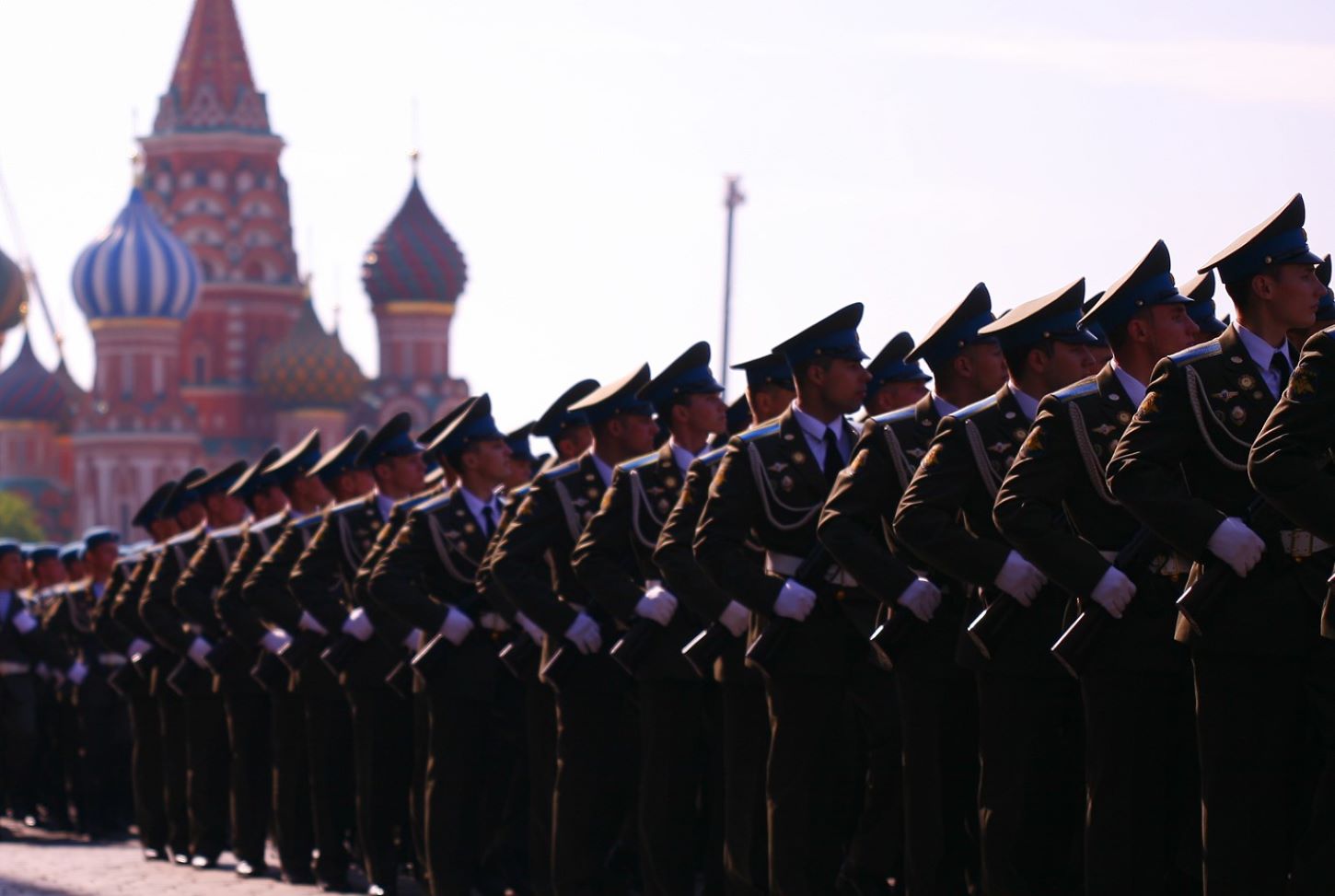UK Think Tank: Russia’s military is evolving
Defense analysts from a top London-based military think tank has highlighted notable adaptations within Russia’s military making it a greater threat for Ukraine. This assessment comes as Ukraine prepares for an anticipated counteroffensive to reclaim occupied territories.

According to specialists in land warfare at the Royal United Services Institute (RUSI), Russia’s military has displayed improved coordination, structure, and responsiveness during the ongoing conflict in Ukraine. Particularly strong on the defensive front, Russia has developed a more effective approach to combining arms, capitalizing on its defensive capabilities.
Russia's military has adapted and is now a more formidable enemy for Ukraine, defense analysts say https://t.co/ZEMuvZzwgE
— CNBC (@CNBC) May 19, 2023
The recently published report by RUSI, titled “Russian Tactics in the Second Year of its Invasion of Ukraine,” emphasizes the challenges faced by Ukraine as it plans offensive operations.
The depth and strength of Russian defenses, including extensive fortifications across the frontlines, present significant obstacles for Ukraine’s forces. Bypassing these defenses is deemed near-impossible, necessitating a generation of substantial combat power by Ukraine to penetrate Russian lines.
According to the report:
“The depth of [Russian] defenses mean that Ukraine must generate serious combat power in order to penetrate the Russian lines, with the extent of Russian defensive fortifications across the front making bypassing them near-impossible.”
Defense analyst Jack Watling highlights that Russia’s military has made notable progress since the initial phase of the conflict. While Russia faced setbacks and retreats in the early stages of the war, the Russian state and its armed forces have adapted and are now operating on a war footing. The analysts note that systems are working more effectively together, aligning with pre-war expectations.
One of the key strengths highlighted in the report is Russia’s ability to combine arms and coordinate defensive operations more seamlessly than offensive ones. This factor, coupled with the deployment of extensive defensive fortifications, presents a formidable challenge for Ukraine’s upcoming counteroffensive.
RUSI’s report also draws attention to Russia’s utilization of artillery fire and highly capable electronic warfare systems to defend its units. The effectiveness of Russian electronic warfare in countering Ukrainian drones has resulted in substantial losses for Ukraine, with thousands of UAVs being rendered ineffective due to navigational interference.
As Russia’s military showcases its adaptive capabilities, defense analysts caution against underestimating the strength and firepower it possesses.
While acknowledging certain deficiencies and weaknesses, including low morale within Russian infantry units, RUSI advises against ridiculing or dismissing Russia’s armed forces. Such complacency could lead to miscalculations and a failure to recognize the challenges that lie ahead for Ukraine.
The findings of RUSI’s report underscore the need for Ukraine to devise strategies that account for Russia’s enhanced defensive capabilities and electronic warfare systems. It is imperative for Ukraine to bolster its own capabilities, develop effective countermeasures, and maintain international support to navigate the complexities of the conflict.
As the conflict between Russia and Ukraine continues, the international community must closely monitor and respond to the evolving dynamics. The diplomatic efforts to seek a peaceful resolution must be intensified, ensuring the respect of Ukraine’s territorial integrity and sovereignty.
The coming months will be critical as Ukraine prepares for its counteroffensive and both sides continue to adapt their strategies. It is essential to recognize the increased challenge posed by Russia’s military and work towards a resolution that brings stability and security to the region.



.jpg)
.jpg)


Conversation